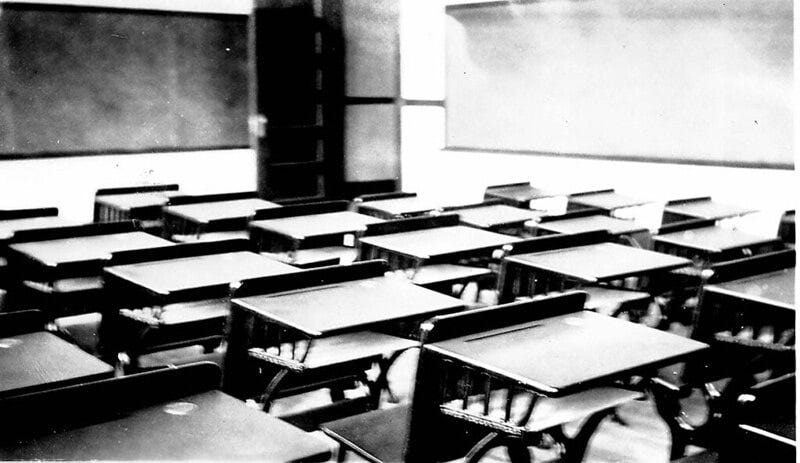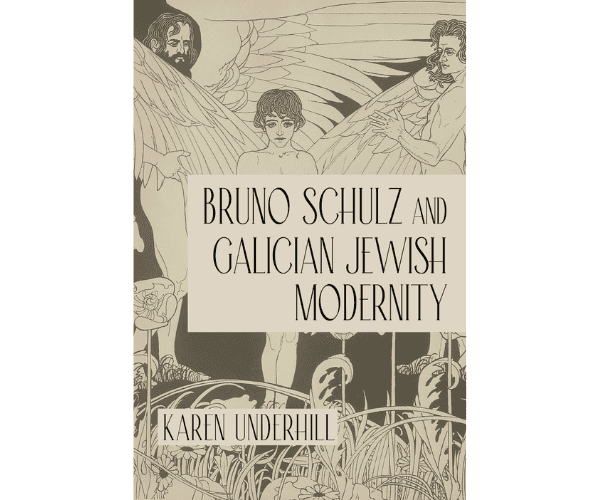Writing amidst history
Judith Butler on academic freedom, Karen Underhill on Bruno Schulz, and more
“Our very ability to preserve academic freedom has consequences for preserving democracy,” Judith Butler writes, “especially during times when both are being undermined and dismantled with alarming speed.”
This week at Public Seminar, we’re thinking about speech as both expressive act and painstaking, sometimes painful, commitment to a mode of being.
Karen Underhill chats with Alex Rossen about the interwar fiction of Bruno Schulz and how, at a time when the politics of Jewish literature was defined by language choice, the author created a “poetics of golus” that embraces and affirms a condition of diaspora. And in an excerpt from her book Bruno Schulz and Galician Jewish Modernity (Indiana University Press), Underhill describes the struggle to make legible the Jewishness of Polish-language modernist literature: “With the murder of a great portion of the Polish-speaking Jewish readership of modern Polish literature written by Jewish authors, the polyphonic and often intentionally translational nature of this literature had slipped, if not out of reach, at the very least out of the dominant discourses on Polish modernism.”
Meanwhile, Butler explores the question of extramural speech and its implications for how we think about constitutional rights of expression.
Higher Education
Judith Butler
The debates over how best to understand extramural speech may seem narrow, if not scholastic, but precisely because they overlap with constitutional rights and some of those rights are targeted for violation, suspension, or repeal, it makes sense to ask not only why extramural protections are so quickly falling away, but also why constitutional protections fundamental to US democratic traditions and norms are proving to be dangerously fragile.
Bruno Schulz’s Poetics of Golus
Alex Rossen and Karen Underhill
Karen Underhill: [Bruno] Schulz expands the concept of exile from the individual or community—living in diaspora, we could say—in exile in the forms of the new nation-state—and applies it to language in general. For him, the “primordial word” is scattered, in exile, divided up into the spoken languages of communication—vernacular languages. This becomes central to his poetics. The poet has to release the word from exile, and return it to its home, in myth.
A Creation Born Out of the Longing of Golus
Karen Underhill
The final works of art that Schulz produced before his death were fairytale themed frescoes that he painted on the walls of a children’s bedroom in the wartime Drohobycz home of SS Commander Felix Landau, who had taken Schulz under his temporary protection in order to exploit his artistic talents. Discovered under layers of paint in 2001, the frescoes, which offer a striking metonymy for a buried and overwritten Jewish past that is in the process of returning to visibility, and to memory, in Poland and Ukraine, were partially removed to the Yad Vashem museum in Israel, where Schulz is memorialized as a Jewish artist and Holocaust victim. The circumstances of Schulz’s last years in the Drohobycz ghetto, and his death, speak lastingly to his fate as a Jewish artist and victim of the racist politics of the twentieth century.




